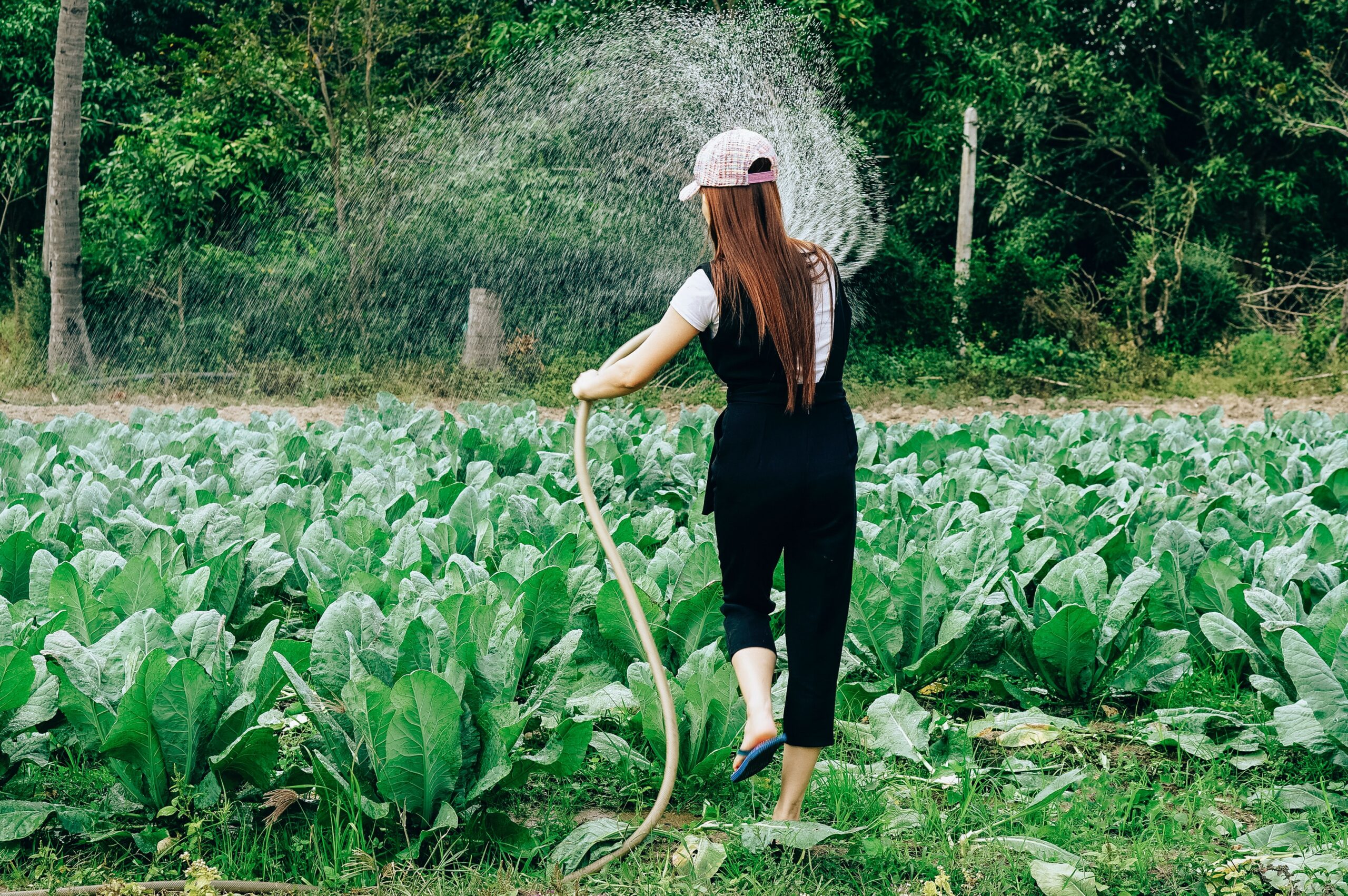Posts on Happily Homegrown contain affiliate links. When you make a purchase through an affiliate link, your price will be the same, but Happily Homegrown will receive a small commission. Thank you for your support!
Gardening is a wonderful and fulfilling hobby that allows individuals to connect with nature, create beautiful outdoor spaces, and grow their own food. Whether you are a seasoned gardener or just starting out, there are always tips and tricks that can help enhance your gardening experience. In this article, we will explore a variety of practical and time-tested tips to help you cultivate a thriving garden, overcome common challenges, and make the most of your green thumb.
Soil Preparation and Planting
The foundation of a successful garden lies in the quality of the soil. Before planting, take the time to prepare your soil properly. Clear the area of any weeds or debris, and then amend the soil with compost or organic matter to improve its structure and fertility. This will provide a healthy environment for your plants to thrive.
When it comes to planting, spacing is key. Give your plants ample room to grow by following the recommended spacing guidelines for each variety. Overcrowding can lead to competition for resources and hinder the plants’ overall health and productivity.
Watering and Irrigation
Proper watering is crucial for the health and vitality of your garden. Water deeply and infrequently, allowing the soil to dry out slightly between waterings. This encourages the roots to grow deeper and strengthens the plants’ resilience.
Consider installing a drip irrigation system or soaker hoses to deliver water directly to the root zone. This helps conserve water by minimizing evaporation and reduces the risk of overwatering or water wastage.
Weed Control and Mulching
Weeds can quickly take over a garden if left unchecked. To prevent weed growth, apply a layer of organic mulch around your plants. Mulching helps suppress weeds, retain moisture, and regulate soil temperature.
Regularly inspect your garden for weeds and remove them promptly. Pull them out by hand or use a garden tool to ensure that you remove the entire root system.
Pest Management
Pests can pose a threat to your garden, but there are eco-friendly ways to manage them. Encourage beneficial insects like ladybugs and lacewings by planting companion plants that attract them. These insects help control aphids and other garden pests.
You can also make your own organic pest sprays using ingredients like neem oil or garlic. These natural solutions are effective in deterring pests without harming beneficial insects or the environment.
Crop Rotation and Succession Planting
To maintain soil fertility and reduce the risk of pests and diseases, practice crop rotation. This involves changing the location of crops within your garden each season. Rotating crops helps break pest and disease cycles and ensures that plants receive the nutrients they need.
Succession planting allows you to maximize your garden’s productivity by planting new crops as soon as a previous harvest is complete. This ensures a continuous supply of fresh produce throughout the growing season.
Gardening is a journey of discovery and continuous learning. By incorporating these tips and tricks into your gardening practices, you can enhance your green thumb and create a thriving and bountiful garden. Remember to observe your plants closely, adapt your techniques as needed, and enjoy the process. Gardening is not just about the end result but also the joy, relaxation, and connection with nature that it brings. So, get out into your garden, experiment with different approaches, and let your love for gardening bloom and flourish.


 Harvesting the Fruits of Your Backyard Garden
Harvesting the Fruits of Your Backyard Garden
Leave a Reply